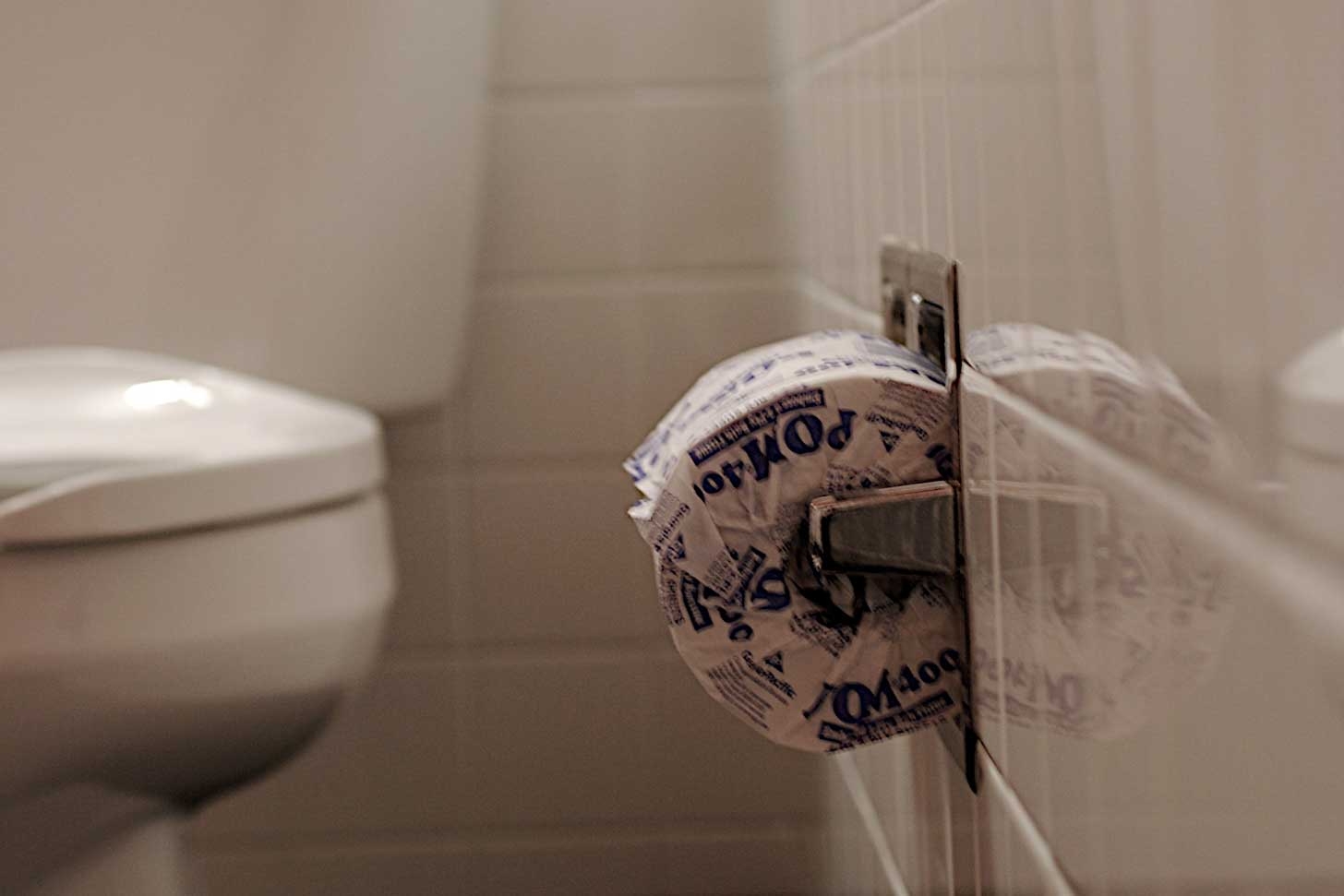How to keep your guts from visiting the circus during your travels.
"It was inevitable," my friend Sean tells me, in an email from Peshawar, Pakistan. He fully admits that he tends to be a little careless about what he drinks and eats while travelling, and this time, it came back with a vengeance to bite him where it hurts.
While sparing you a colonic blow-by-blow, I will say that his intestines became star performers of Cirque du Soleil, engaging in contortions that would make even the most jaded of crowds scream "encore" and create wonder in the eyes of small children.
Anyone who travels regularly is bound to face the music at some point. Inevitably, you'll eat or drink something that has some microscopic nasties in it and—boom—your intestines shift into purge mode.
Traveller's diarrhea can be caused by a number of bugs (viral, bacterial, or protozoan) and can range in severity from a few uncomfortable and inconvenient days of "A River Runs Through It" to "The Perfect Storm," accompanied by cramping, vomiting, fever and blood.
Prevention should be your first priority if you wish to avoid writing postcards on your knees and passing them under the door of the "loo." Hygiene is key. Wash your hands well and often and keep your fingers (and other people's) out of your mouth. It may sound a bit weird, sure, but you'd be surprised...
As for your drinking water—bottled and fully sealed, or boiled only—enough said. Also, avoid ice in your drinks if you don't know where the water for the ice came from. Some people advocate sticking to a strict beer-only regimen. Not a good idea. Not only will you probably spend your hard-earned travels in a buzzed haze, but the alcohol will cause you to become increasingly dehydrated.
Don't be afraid to sample the local cuisine, but be vigilant. Make sure that the food has just been cooked and has been cooked thoroughly (no rare steaks). If it's cold, or has been reheated or stored, stay away. And don't be tempted by ice cream. Unless you've washed fresh vegetables and salads yourself with purified water, and peeled fruit yourself, it's best to avoid them too.
It's important to recognize the rate of onset and severity of your bout, should you become Montezuma's next victim. If it comes on rapidly and is closer to the "Perfect Storm" end of things, you should be seeking medical attention at the first opportunity. This is particularly true if you notice any blood. You could be looking at a case of dysentery—very dangerous.
If there is no blood involved, just a few uncomfortable days of the trots, it's best let your plumbing purge itself. Anti-diarrhea medications are best avoided unless you have a scheduled flight, bus trip etc. that you really must make. Otherwise, succumbing to the temptation of a chemical plug will only prolong things.
While you're nursing yourself back to dry-dock, it's extremely important that you stay well hydrated. Adding a teaspoon of sugar and a teaspoon of salt to every litre of water you drink will help to replace the electrolytes that you've been flushing.
As for my friend, he assured me that after a few days of resting in his cot and forcing down the odd orange, his condition gradually returned to normal. The circus left town and he was able to stuff himself with chicken tikka again.
Don't get caught with your pants down:
• Wash your hands—lots
• Drink purified water
• Eat food that has been freshly and thoroughly cooked
• Avoid plates of cold food
• Avoid salads that you have not washed yourself and fruit that you have not peeled
